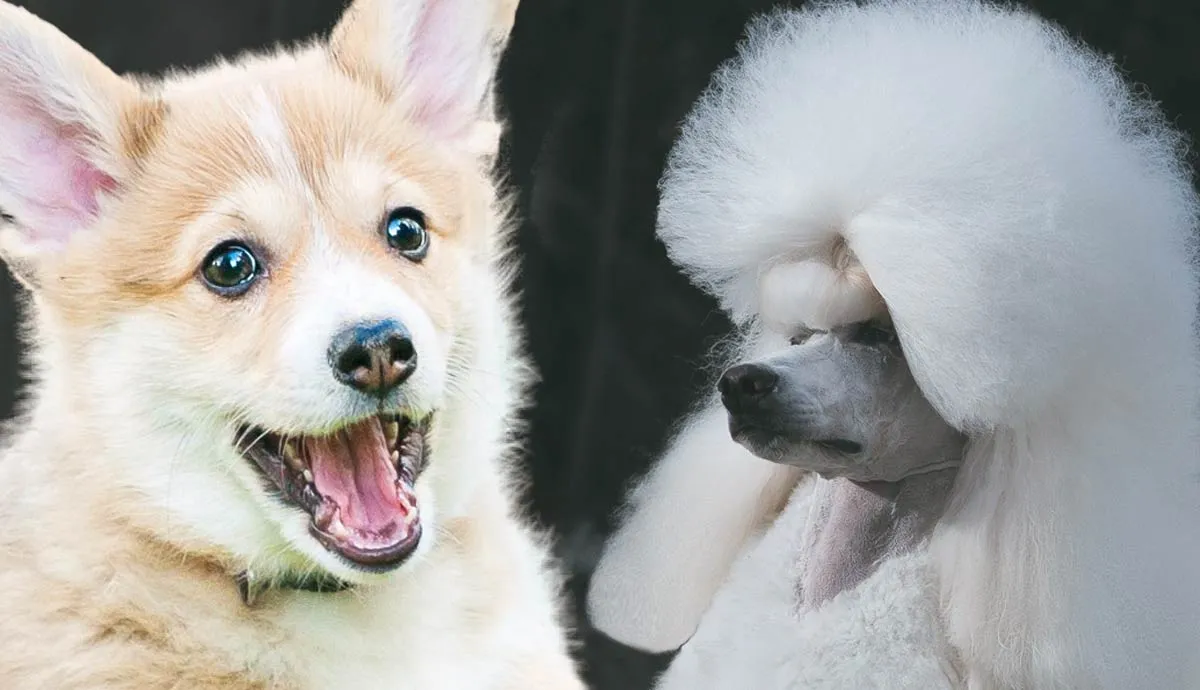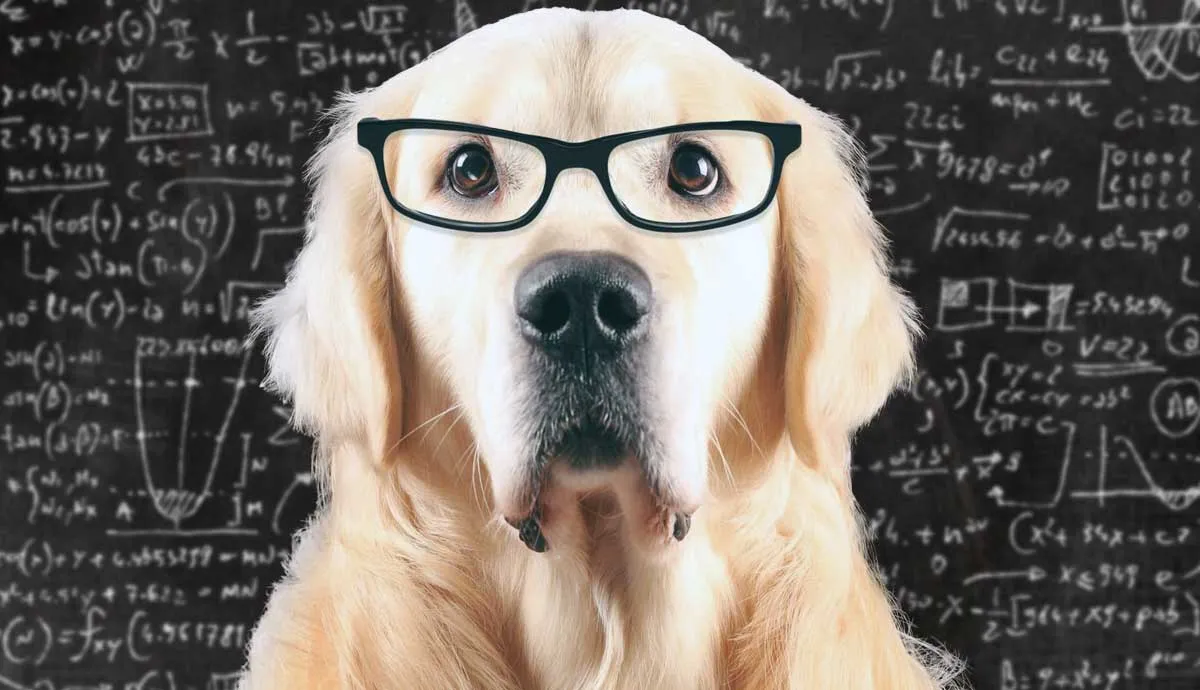When thinking about a dog’s intelligence, you most likely think about how many tricks they can do, how quickly they can figure out a puzzle, or how well they perform in different dog sports. But a dog’s intelligence is so much more than that including how well they keep themselves entertained, problem-solving, and overall training and manners.
What is Dog Intelligence?
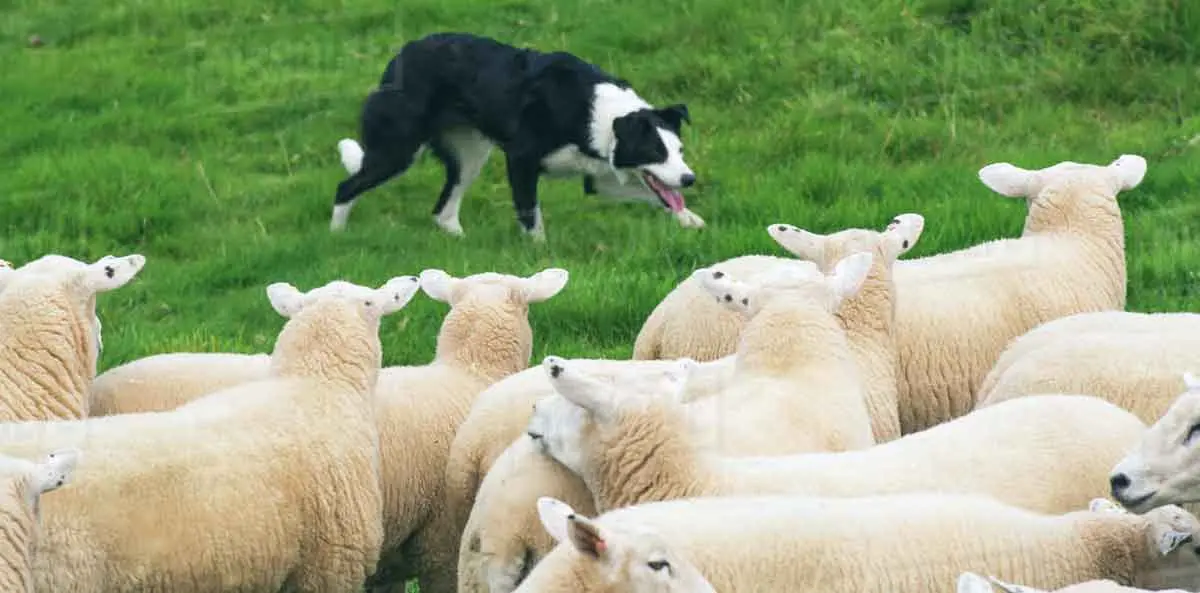
Dog cognition or dog intelligence is how a dog acquires information and learns new skills, memorizing these new skills and being able to use them in new situations. Problem-solving, evaluating new situations, and being able to figure things out on their own are all part of a dog’s intelligence.
Their cognitive abilities are impressive, and certain breeds seem to excel, but all dogs can learn and apply their new skills in different situations. Border Collies may be listed as one of the smartest dog breeds, but Bulldogs, listed as one of the least intelligent have the capabilities to learn the same skills.
Emotional Intelligence is Real

People may not realize dogs possess an amazing level of emotional intelligence. This is apparent in their ability to form strong emotional bonds with other animals and their owners. Deep affection and loyalty are often displayed when those strong bonds form. It is not uncommon to see a dog so emotionally bonded to their owner that it can sense the moods and personality changes of its owner.
Dogs can exhibit empathy by showing concern and comforting their owners in times of great distress. You may even notice dogs being so in tune with their owners that they mirror the feelings of their owners. Several dogs have become emotional support dogs for their owners.
Aside from forming bonds with humans, they can interpret and respond to the cues of other animals. Dogs are pack animals and crave the social interactions that come with being in a pack. The emotional intelligence of a dog is greatly enhanced when they are with a pack. This emotional response many times is misconstrued as a dog being stupid or unable to work because they are offering comfort rather than trying to learn and apply new skills.
The Individual Dog’s Strengths and Weaknesses

Measuring the overall breed does not take into account that each dog has its own personality along with its strengths and weaknesses. Their learning styles will be different and problem-solving skills are not cookie-cutter skills. For example, Border Collies are fantastic at herding and agility whereas Labrador Retrievers are wonderful at retrieving, scent work, and detection.
Breed-specific traits can affect how a dog’s intelligence is demonstrated and individual personalities should play a role when doing intelligence assessment. Stubborn or aloof dogs are less inclined to follow instructions or want to please their owners; therefore, they will test lower on intelligence tests.
Dog Behavior Misconceptions

People may be led to believe that a dog is not intelligent based on their behavior. Dogs that have not been trained or understand basic manners can be unruly and these problematic behaviors can make the dogs seem less intelligent.
Problematic behavior from lack of training, socialization, or exercise is not the dog’s fault, it is their owner’s fault and the dog’s intelligence should never be assessed until they have had proper and formal training. Inadequate mental and physical stimulation will cause a dog to act out, making them seem unable to learn or problem-solve.
Dogs must have plenty of exercise and socialization along with proper training so they can showcase their brainpower to the best of their ability. Lack of stimulation can cause restlessness and boredom which is often perceived as lacking intelligence.
Proper Training Enhances Intelligence
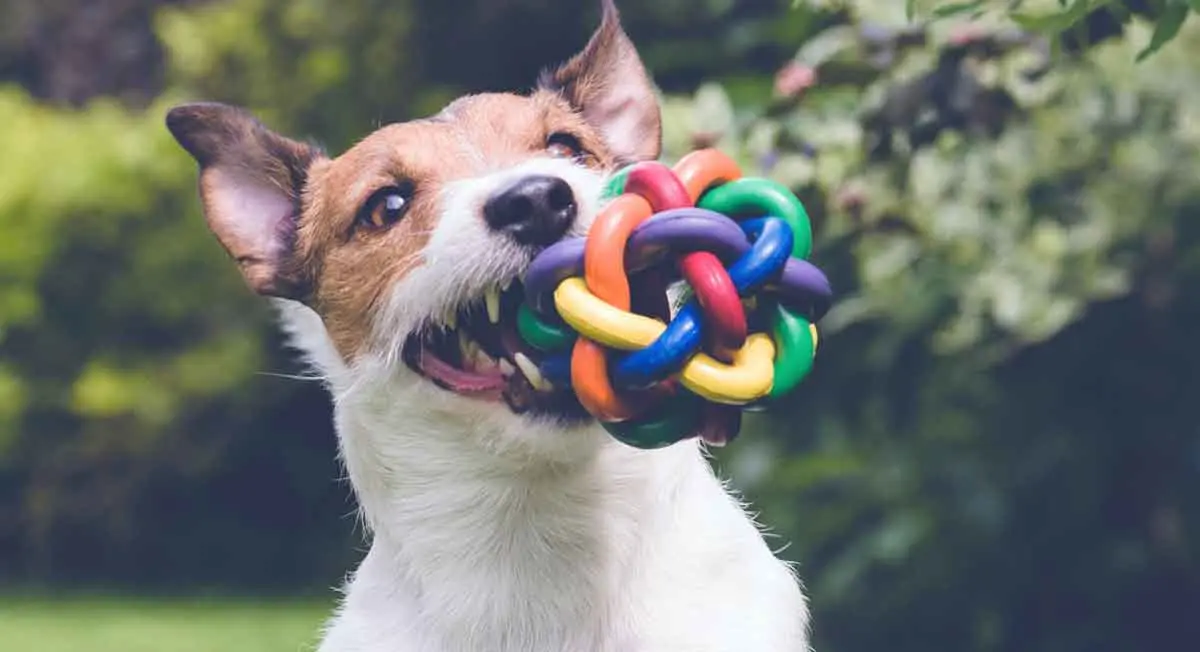
There are several misconceptions that an intelligent dog does not need proper training. Think of it this way, an intelligent human is not happy sitting around doing nothing, they want to keep learning and doing. The same is true for dogs; intelligent dogs crave learning and doing.
Training teaches basic commands and manners, but it also stimulates their cognitive thinking, social adaptability, and problem-solving skills. Proper training helps prevent behavioral issues. Spending time with your dog during training sessions and teaching new tricks are excellent ways to bond and increase their intelligence.
Using positive reinforcement training enables dogs to respond to verbal and non-verbal cues, problem-solve, and be a well-rounded companion. Prioritizing your dog’s training will help unlock their full potential and increase their intelligence.
Mental Stimulation Increases Intelligence
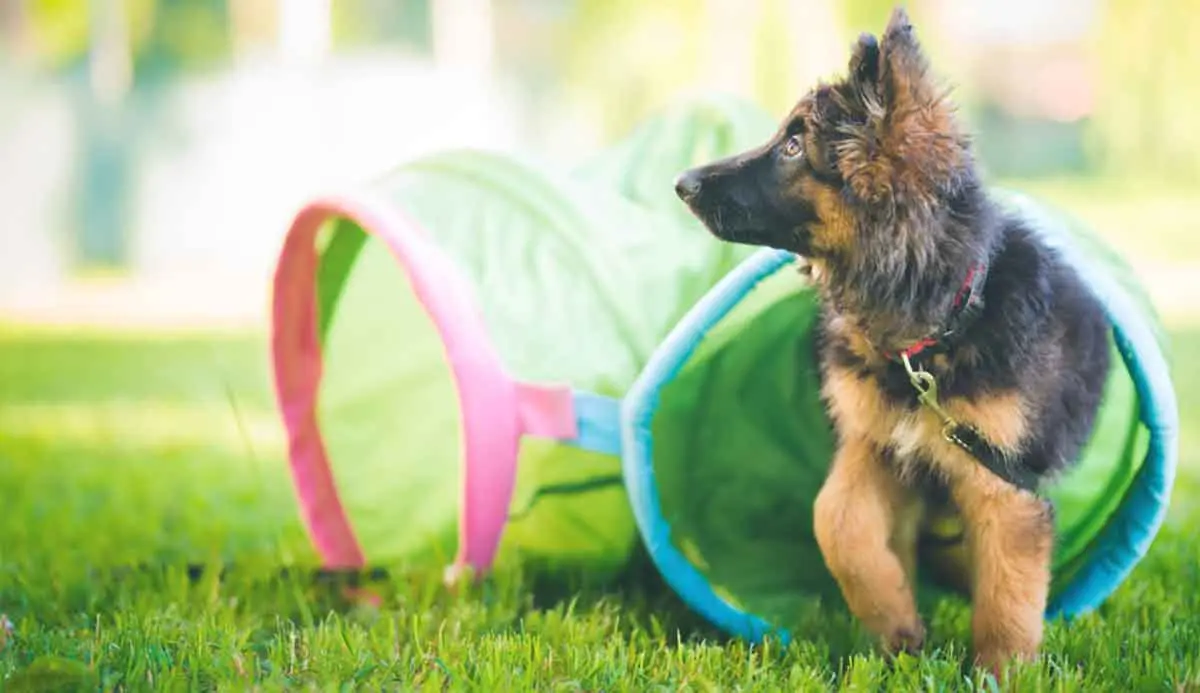
Keeping your dog’s mind engaged and sharp, especially as they age, is important. Using interactive toys such as puzzle toys, interactive balls, and treat-dispensing gadgets are good choices to provide mental stimulation. These toys will encourage your dog to use their instincts and problem-solving skills.
A good old-fashioned game of fetch or hide and seek can also promote mental stimulation and provide exercise for your dog. These games also build a stronger bond between the dog and its owner.
Nutrition Supports a Dog’s Intelligence

Dogs need a well-balanced diet with quality ingredients for their brains to properly develop. Just like humans, proper nutrition is an important part of keeping a dog healthy and mentally fit. Feeding the cheapest commercial kibble is not always the best option. Look for dog food, whether it is commercial kibble or a raw diet that has a good balance of protein and fat and uses solid ingredients without fillers such as wheat middling or beet pulp.
Once your pup is eating a proper diet, you will notice a change in their cognitive skills and their energy levels. Dogs that eat a healthy diet will be able to focus longer and learn new skills. They will also be able to think through a problem and come up with a solution.
Common misconceptions about dog intelligence many times hold people back from choosing a specific dog breed or diving in and trying their hand at dog sports such as competitive obedience. Only you know your dog’s intelligence level and abilities to learn new things. Build on those abilities and encourage them to increase their brainpower by trying new things and bonding over the experiences.




